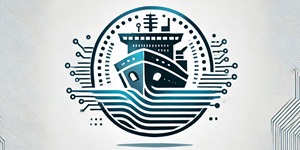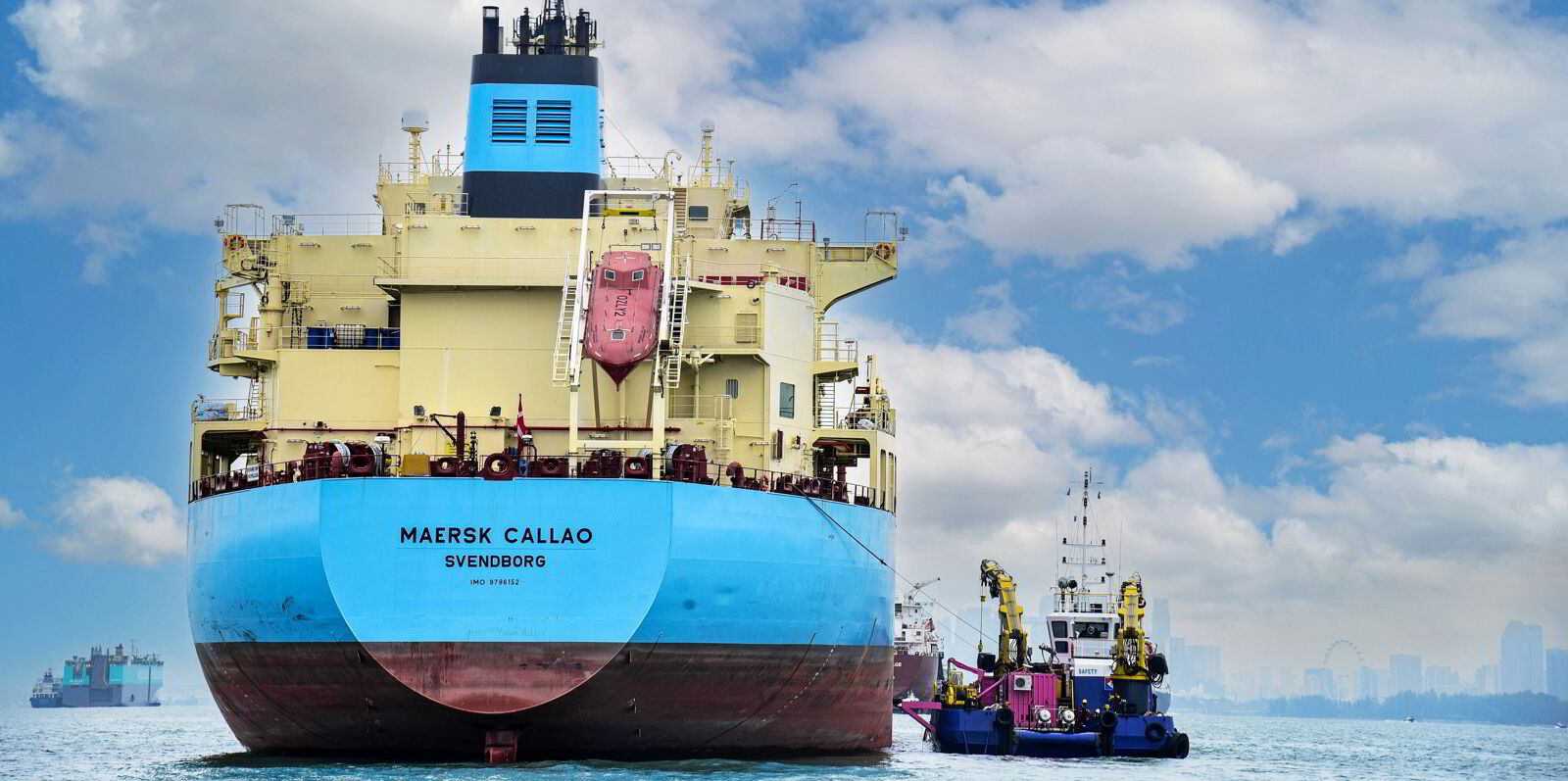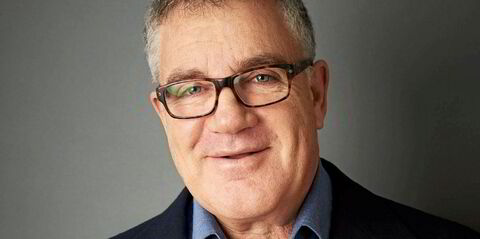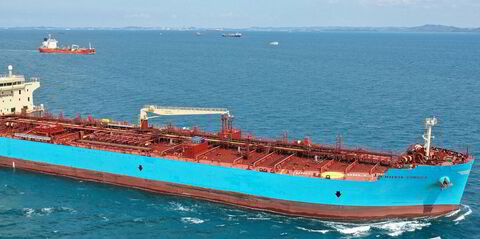ECOsubsea, a Norwegian scale-up developer of robotic hull cleaning technologies, has expanded into Singapore with a new robot dubbed the Pink Panther as it targets tankers, container vessels and bulkers.
The company, launched in 2008, said the second-generation robot can clean a large vessel in about four hours at the same cost as a diving team, while safely collecting the removed fouling for disposal.
It has been secretly developing the new product for the past year after securing $4m in funding from Innovation Norway.

Talking to TradeWinds ahead of the official launch of a Singapore subsidiary, Tor Ostervold, ECOsubsea co-founder and chief executive, said the Pink Panther can clean the hull of an anchored vessel 10 times faster than conventional methods.
Vessels consume more fuel when hulls are fouled, due to increased drag, and charterers often call for hull cleaning operations at the owner’s expense.
Fouled hulls are also regarded by many port authorities as an environmental hazard because they can be a way for invasive species to enter sensitive waters.
Ostervold said his latest system was put through tests on 17 vessels, first in Norway, then secretly on Grimaldi vessels in Antwerp.
Three months ago, it was sent to Singapore, where it has been quietly tested on vessels operated by AP Moller-Maersk, SFL, Odfjell and BP.
ECOsubsea hopes to increase its footprint in Singapore and in other Asian ports, with plans for up to 30 cleaning robots.
Ostervold said the company has signed contracts with shipowners with more than 5,000 vessels coming into Singapore.
He and his brother Klaus launched ECOsubsea to build an automated cleaning system that would be able to collect all the fouling on a hull and send it ashore for safe disposal rather than allow it to fall onto the seabed, where it could settle and become invasive.
They wanted a system that did as little damage to a ship’s hull as possible — or no damage — and would often talk about the pollution caused as plastics and metals are put into the ocean through poor hull cleaning systems that scour coatings.

ECOsubsea’s initial products, of which there are two based in Europe, are mobile and often sent between northern European ports. These have been dubbed Black Panthers.
The Pink Panther is bigger, so not as easily transported, but Ostervold thinks there is more than enough of a market in Singapore for the company to have more than one unit.
He also believes the ability to clean a hull in such a short time and at a similar cost to a dive team will make hull-cleaning robots popular.
“Many of our earlier customers were prepared to pay a premium,” he said. “Now we are going for a mass market.”
The target in the first year is to perform 750 hull cleaning operations in Singapore.
The company will continue to collect the biofouling removed from hulls even though Singapore has no such requirement.
Ostervold believes it is only a matter of time before hull cleaning requirements among regulators are harmonised, as the International Maritime Organization tackles invasive species threats and ports ban cleaning without collection.




